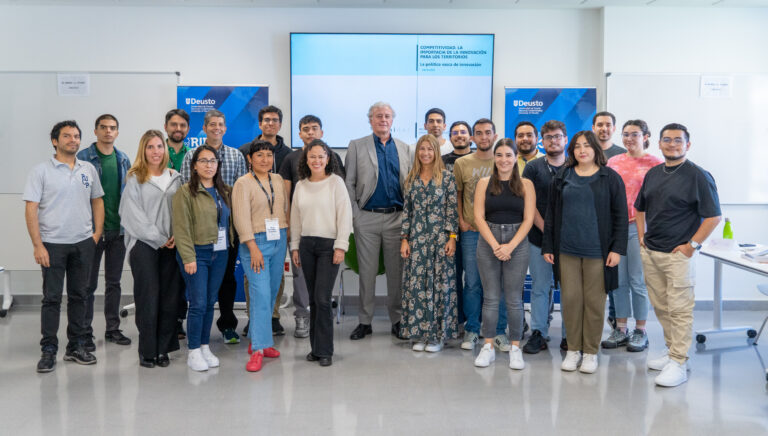There is no longer any excuse for ignoring the fact that Europe is facing an existential challenge and that, if it does not act, it will hardly be able to preserve its social model and its values.
We all know that Europe is not doing well, but until Letta and, more blatantly, Draghi put it ‘in black and white’ in their recent reports, we were still mired in the confabulation of the happy and enviable ‘European Arcadia’.
The 2008 crisis, the pandemic and the war in Ukraine have been the horsemen of our particular apocalypse, our economy is faltering, inequalities are growing and we are lagging far behind the US and China, both in growth and in dynamism and political leadership.
In his report, Draghi does not break new ground in identifying the big challenges that we in Europe have been talking about for a long time: digitalisation and climate change. But he does give them a big twist.
First, he points out that it is not enough to promote digitalisation and says that Europe needs to accelerate innovation and find new engines of growth. He also tells us that if we do not seize the great opportunity that AI represents, we will not be able to maintain the current position of industry and we will not be able to accelerate the deployment of new cutting-edge technologies that can allow us to regain industrial leadership.
Secondly, he clarifies that it is not enough to take into account the change in the climate energy system if it is not linked to the reduction of energy prices and the advancement of the circular economy. Dragui emphasises the opportunity of decarbonisation for Europe, but warns that the transition will be slow and will have to take into account the competitive difficulties of European industry with the outside world.
Moreover, the former ‘super president’ of the ECB joins the already long list of experts who call for Europe to take on its own defence, providing the necessary resources.
In addition to the challenges, the author sets out a proposal for action. In line with the usual recommendations, it points out that Europe needs a common industrial strategy that exploits the potential of the single market and is consistent with competition and external trade policies. However, despite what many may misunderstand, it makes it clear that not everything is possible and that supporting industry is not about indiscriminately favouring one’s own companies, but about resolutely promoting a pragmatic competition framework adapted to priority sectors and following a rigorous evaluation system to ensure that the initiatives taken improve productivity, investment and innovation.
Had the report ended there, it would not have generated the enormous media and public interest it did. But alongside the need for the strategy, it also points to the real “crux of the matter”, highlighting the massive additional public and private investment that Europe needs to overcome its sluggishness. It estimates this to be between 4.4% and 4.7% of European GDP. To get an idea of the scale of these figures, it is enough to say that this is more than double the European investment effort supported by the Marshall Plan in the post-war period.
Beyond the scale, what has really sparked interest is that Draghi, with his undisputed ‘auctoritas’ following his decisive performance at the ECB, has joined those proposing to repeat the experience of the EU’s Next Generation initiative by financing the necessary investments with a common European debt.
I fear, however, that the proposal has little chance of being implemented in practice. First, because it breaks with the ‘status quo’ and the tradition of the European Union, but above all because, as Draghi himself points out, it would ‘de facto’ imply more demanding fiscal rules for countries to ensure that an increase in common debt corresponds to a more sustainable path of national debt. Frankly, I don’t think Europe is ready for such a ceding of sovereignty, where states cede their competences in industrial policy.
So let us use Andersen’s ‘naked emperor’ story as a simile. It is clear that although we all see the emperor (Europe) walking around naked, no one seems willing to admit it. Let us hope that Draghi is like the child in the fairy tale who, in his innocence, undoes the irrationality. There is no longer any excuse for not realising that Europe is facing an existential challenge and that inaction will not come free of charge; if we do not act, we will hardly be able to maintain our privileged role in today’s world, continue to bear the costs of our climate responsibility and preserve our social model and values.
This article by Iñaki Barredo, Chief Economist at NAIDER, was originally published by El Correo and El Diario Vasco.
Illustrative Image: Olivier Darbonville, Unsplash





